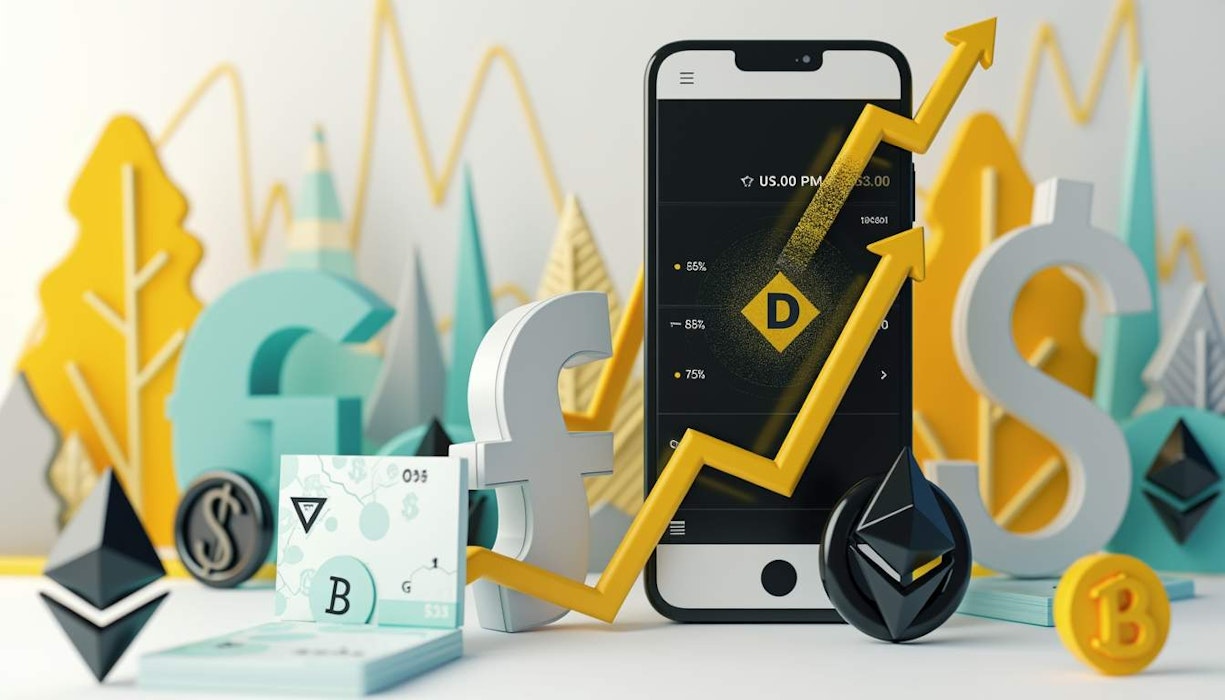In a world where economic uncertainties loom large, the allure of cryptocurrency as a stabilizing force is increasingly hard to ignore. With global markets teetering on the brink of potential recessions and trade conflicts, digital currencies present an intriguing option for businesses aiming to weather these turbulent times. Today, I’m diving into how small businesses in Latin America can harness crypto trading to minimize risks tied to Eurozone trade, exploring the nuances of blockchain exchanges, cross-border payments, and regulatory landscapes. Let’s uncover some strategies that might just change your international trade game.
Crypto Trading in the US: A New Frontier
The crypto trading scene in the US is a treasure trove for Latin American companies. By tapping into the robust infrastructure and regulatory frameworks of the US crypto markets, these businesses can bolster their financial strategies and mitigate the risks posed by Eurozone trade. The US market boasts a diverse array of digital currency exchanges and trading platforms, offering a secure and efficient environment for crypto transactions.
Digital Currency Exchanges: The Good and the Bad
Digital currency exchanges are essential in safeguarding savings and facilitating secure transactions during tumultuous economic periods. Well-established exchanges come with robust security features, including two-factor authentication (2FA) and a blend of hot and cold wallets, ensuring the safety of user assets. Some even offer insurance policies to cover losses stemming from hacks or fraudulent activities, adding an extra layer of security to user funds.
However, it’s crucial to keep in mind the limitations and risks that accompany digital currency exchanges. Despite the state-of-the-art security measures, there’s always the risk of hacks or exchange failures. It’s wise to diversify how you store your assets, keeping the bulk in cold storage while only moving amounts necessary for trading into hot wallets or exchanges.
Blockchain: Streamlining Cross-Border Payments
Blockchain technology emerges as a cost-efficient and transparent solution for cross-border payments, making it an ideal asset for Latin American companies grappling with Eurozone trade risks. By utilizing blockchain exchanges, businesses can cut transaction costs, bolster security, and shield themselves from the swings of currency fluctuations and transaction delays.
Take, for example, Brazilian importers and Argentine firms, who are increasingly turning to crypto to pay suppliers and hedge against inflation. This method stabilizes transactions and lessens the impact of economic volatility, which can be heightened by Eurozone trade risks. Blockchain guarantees efficient and secure transactions, offering a dependable alternative to traditional banking systems.
Regulatory Landscape: A Maze to Navigate
Navigating the regulatory landscape is paramount for Latin American businesses employing crypto trading. While Eurozone regulations may take center stage, a broader understanding of global regulations can provide useful context. The EU's MiCA regulations, for instance, serve as a benchmark for robust regulatory frameworks that can influence global crypto markets. Latin American businesses can glean insights from these regulations to ensure compliance and stability in their operations.
MiCA's focus on consumer protection, market abuse prevention, and issuance standards can guide these businesses in navigating their regulatory environments. By aligning with these principles, companies can bolster their credibility and build trust with stakeholders, further shielding themselves from Eurozone trade risks.
Building Economic Resilience
To cultivate economic resilience, Latin American businesses can adopt strategies that leverage crypto trading. One effective tactic is using crypto assets to hedge against economic uncertainties. By diversifying their portfolios with digital currencies, businesses can insulate themselves from the volatility of traditional markets and minimize their exposure to Eurozone trade risks.
Moreover, crypto assets can help address macroeconomic challenges such as low financial inclusion and macroeconomic instability. By lowering the cost of cross-border transactions and improving financial inclusion, crypto assets provide a solution for businesses operating in hyperinflationary environments prevalent in some Latin American countries.
Summary: A Path Forward
In conclusion, Latin American small businesses can utilize crypto trading to navigate Eurozone trade risks by leveraging blockchain exchanges for efficient cross-border payments, using crypto to hedge against economic uncertainties, and understanding regulatory frameworks for compliance and stability. These strategies can help businesses build resilience and seize opportunities presented by the expanding crypto market.
As global economic uncertainties persist, embracing crypto trading offers a promising avenue for Latin American businesses to secure their financial future and thrive amidst adversity. By adopting innovative strategies and harnessing the potential of digital currencies, businesses can redefine their approach to international trade and economic resilience, ensuring sustained growth and stability in an ever-evolving economic landscape.
